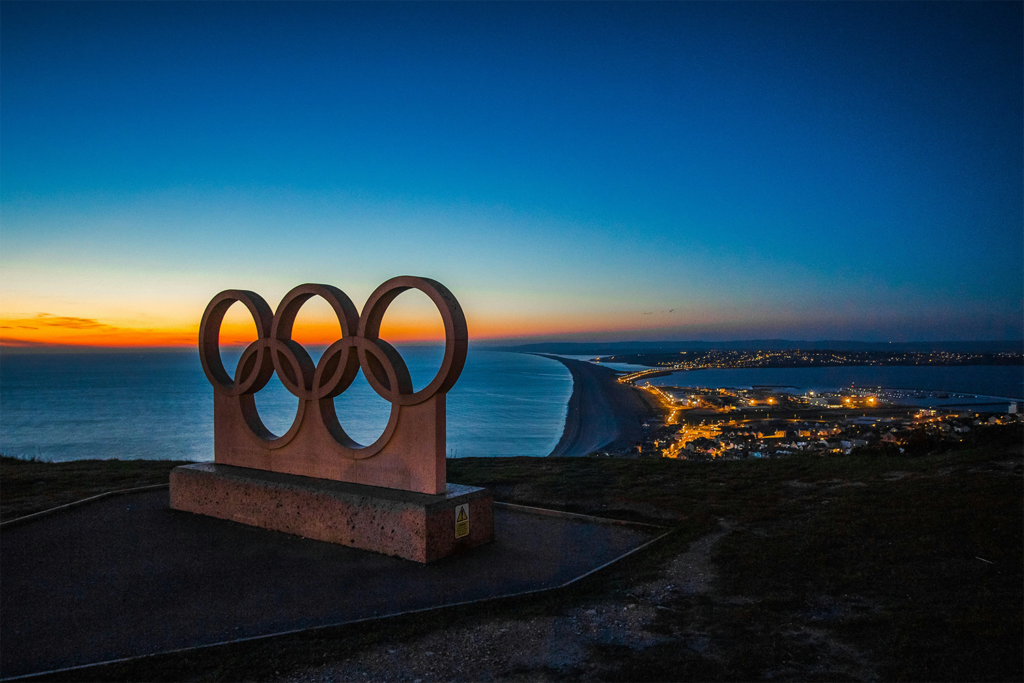The Olympics are the beacon of international comradery, athleticism and glory. Being chosen as the city to host the games is a high honor, and with that comes immense planning and financial burden. Coffers are emptied to ensure everything goes off without a hitch. The International Olympic Committee (IOC) foots the bill for broadcasting but everything else falls on the host city and country.
Paris, France was chosen for the Summer 2024 Olympics and spared nothing to prepare for the spectacle. Coming in at nearly $10 billion dollars according to Investopedia, it was relatively inexpensive compared to previous years. Tokyo spent nearly $15 billion dollars in 2021 and Rio De Janeiro spent just over $20 billion dollars in 2016.
Most of the money is spent on infrastructure improvements. To be able to accommodate such a massive influx of tourists, countries spend the majority of their budget building hotels, adding or expanding roads and building the centers to host the events.
Many sports like canoeing, kayaking, BMX, sport climbing and mountain biking, just to name a few, need specialized facilities so that the events can operate in a controlled environment. This allows for fair judging and an even playing field for all the athletes. Because of this, brand new facilities are often constructed but go largely unused after the closing ceremonies.
Athens is the most glaring example of this issue with several venues abandoned and falling into disrepair after hosting the 2004 games. While many look to them as a reminder of what not to do, there is no guarantee that every new venue will remain in use after the games end.
In a report released in 2020 by the IOC, they detailed “the new norm,” which hopes to cut down on costs and resource allocation by allowing existing venues to be used and repurposed for events. Paris really exemplified this by using almost all pre-existing infrastructure. They also included deconstruction of temporary venues after the games closed.
Initially, the Olympics provide a boost in jobs and by proxy the economy but it is temporary. The city may see benefits from expanded infrastructure but it is typically tailored around cars and transportation to and from hotels which are often built by international conglomerates, not local companies.
Locals rarely see long term benefits from the event and actually fall victim to inflated pricing targeted at tourists, inconveniences from construction, hiked tax rates and the gaping glare of uncouth visitors.
Logistically speaking, many locals found the preparation and hosting rather disruptive to their daily lives. The city had blockades on roads, extensive construction and implemented anti-terror security technology. These could be considered an invasion of privacy or attempts to gentrify and change the culture of the city forever.
With the prying eye of the international community over their shoulder, cities hosting the Olympics want to put their best foot forward. Projects to beautify and clean are prioritized to give the cities a serene and effortless sheen.
 In the case of Paris, it meant a futile attempt to clean up the Seine which has been notoriously polluted for decades. It cost Parisians $1.5 billion dollars but still had alarmingly high levels of fecal contaminants during the triathlon. A few athletes competing in the triathlon withdrew after exposure to the water made them too sick to compete.
In the case of Paris, it meant a futile attempt to clean up the Seine which has been notoriously polluted for decades. It cost Parisians $1.5 billion dollars but still had alarmingly high levels of fecal contaminants during the triathlon. A few athletes competing in the triathlon withdrew after exposure to the water made them too sick to compete.
Paris also came under scrutiny for displacing hundreds of houseless people and refugees from the city center. This is a common trend from host cities, dating back to the 1930s when Berlin interned their Roma residents and going all the way to Atlanta criminalizing homelessness in preparation for the 1996 games. Many transient people are given two options: a free, one-way bus ticket to anywhere else or jail.
Los Angeles, the next host for the Summer Olympics, has the second highest number of unhoused people in the country according to the U.S. Department of Housing and Urban Development. Although Los Angeles trails behind New York City in numbers, the population of the unhoused is much more visible in Los Angeles because they simply have far fewer resources to offer those in need.
As of June 2023, the Los Angeles Homeless Services Authority (LAHSA) reported a staggering 75,518 unhoused people on any given night in Los Angeles County. In the City of Los Angeles, that number was reported at 46,260. For reference, Paris displaced around 4,000 people from the city center.
Perhaps Los Angeles is going to incorporate increasing shelters and services to unhoused people into the budget for the Olympics. If the city doesn’t, there could be an increase in arrests, families could be separated in encampment busts and those who may have been close to breaking the cycle of homelessness could find themselves back at square one after being displaced.
More often than not, the revenue gained from hosting the games does not exceed the expenses. Add that to the social and cultural cost to the locals, especially those that are low-income or disadvantaged, it’s quite surprising cities and countries around the world vie to host the Olympics. It seems prestige could be the one thing more powerful than the almighty dollar.









